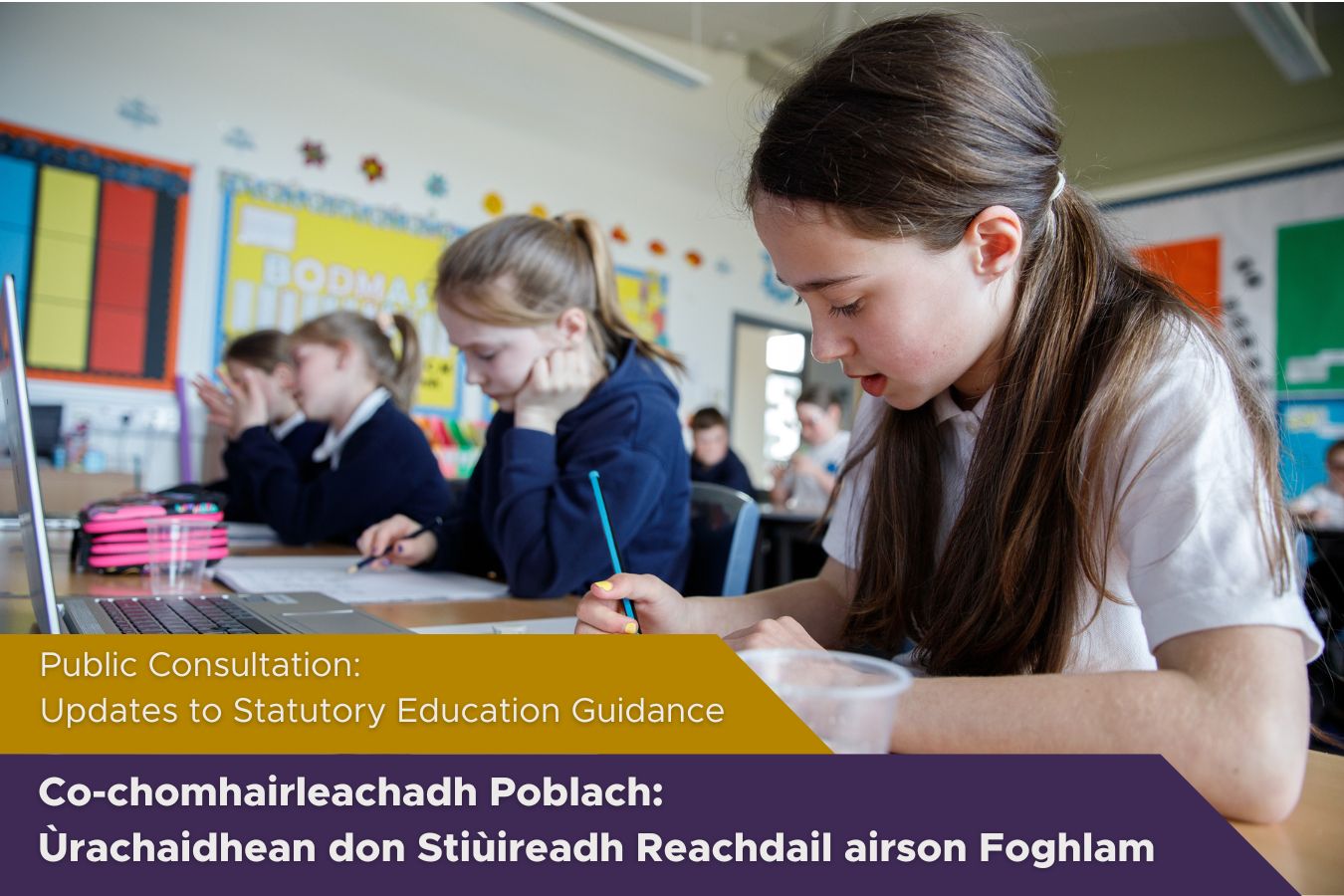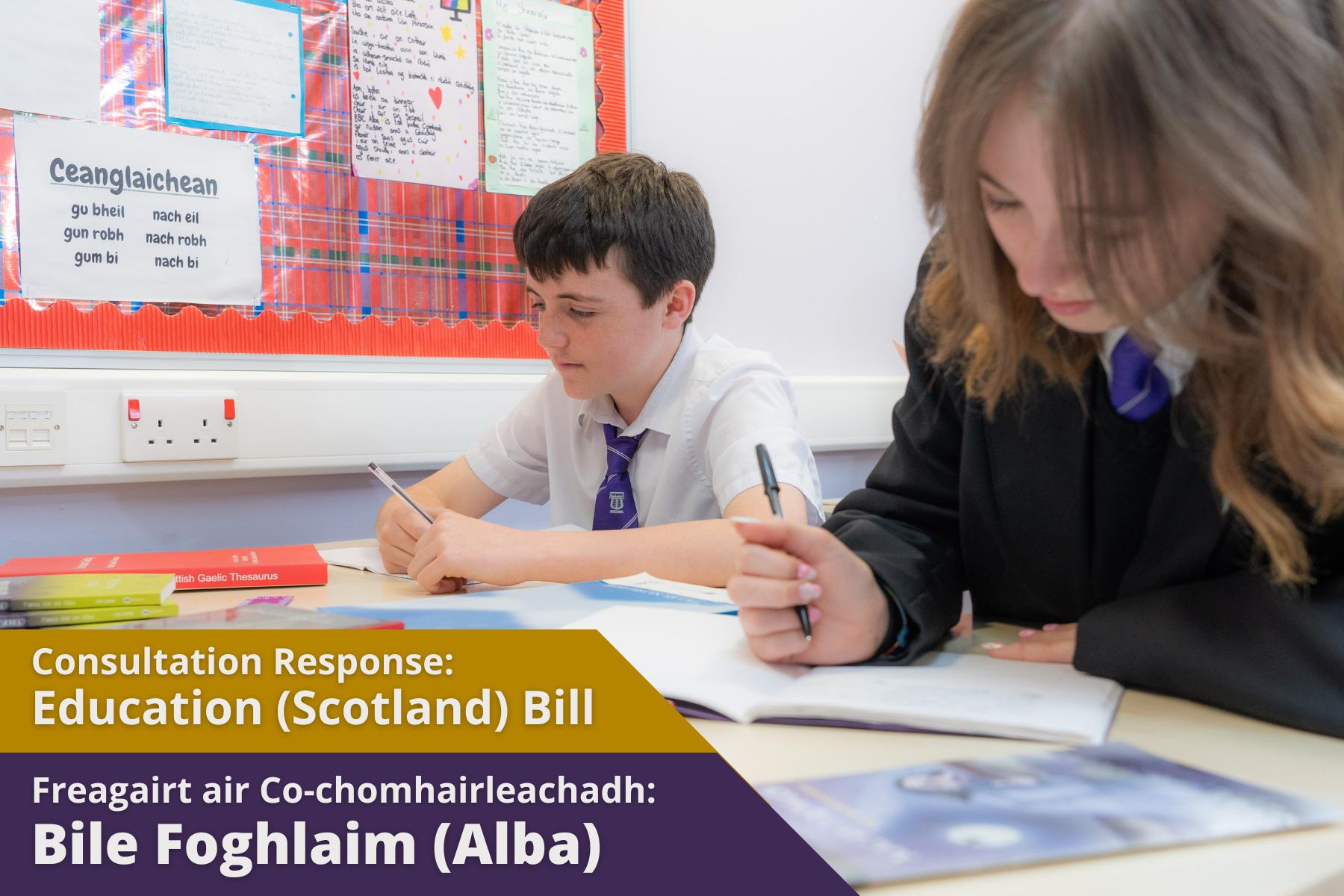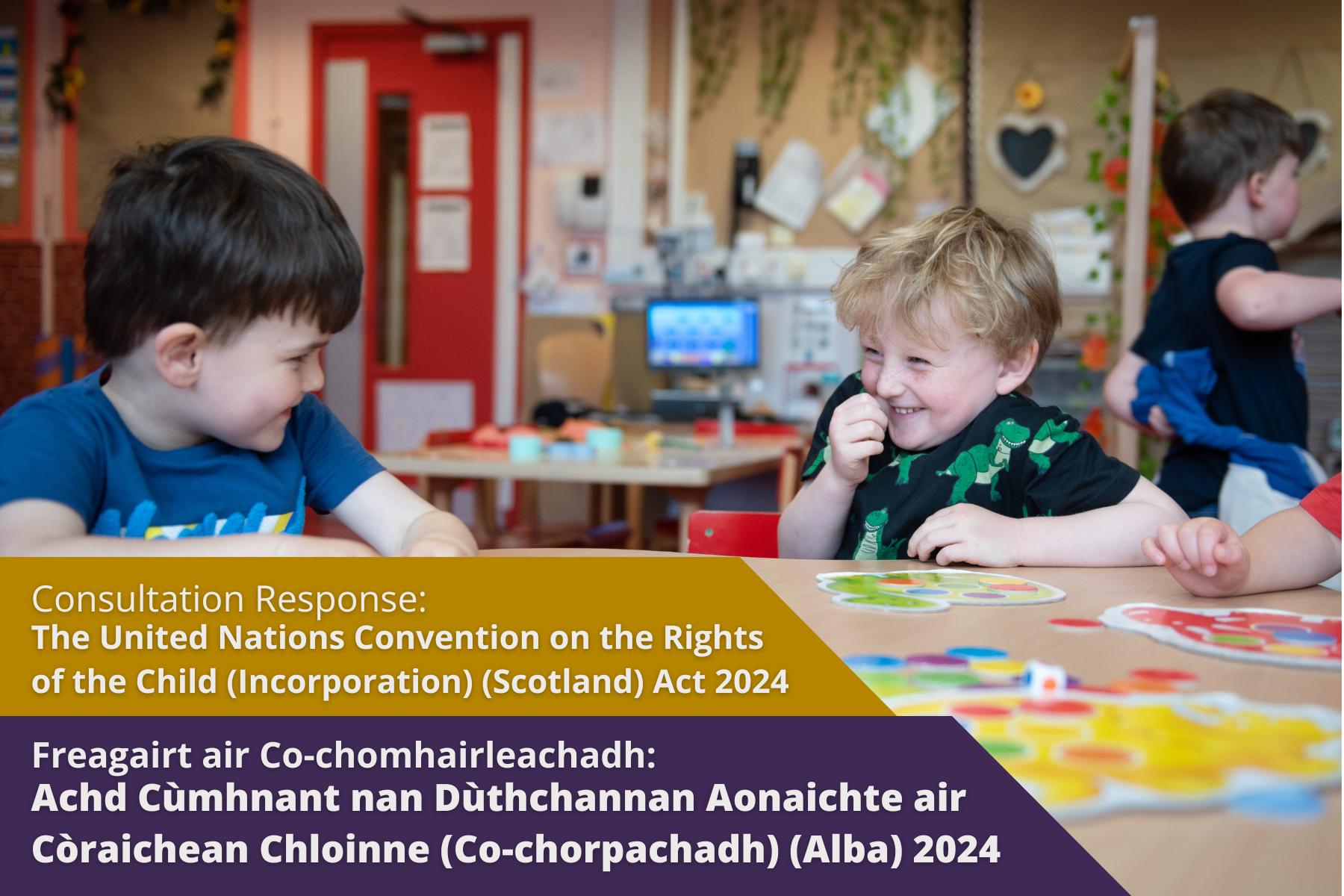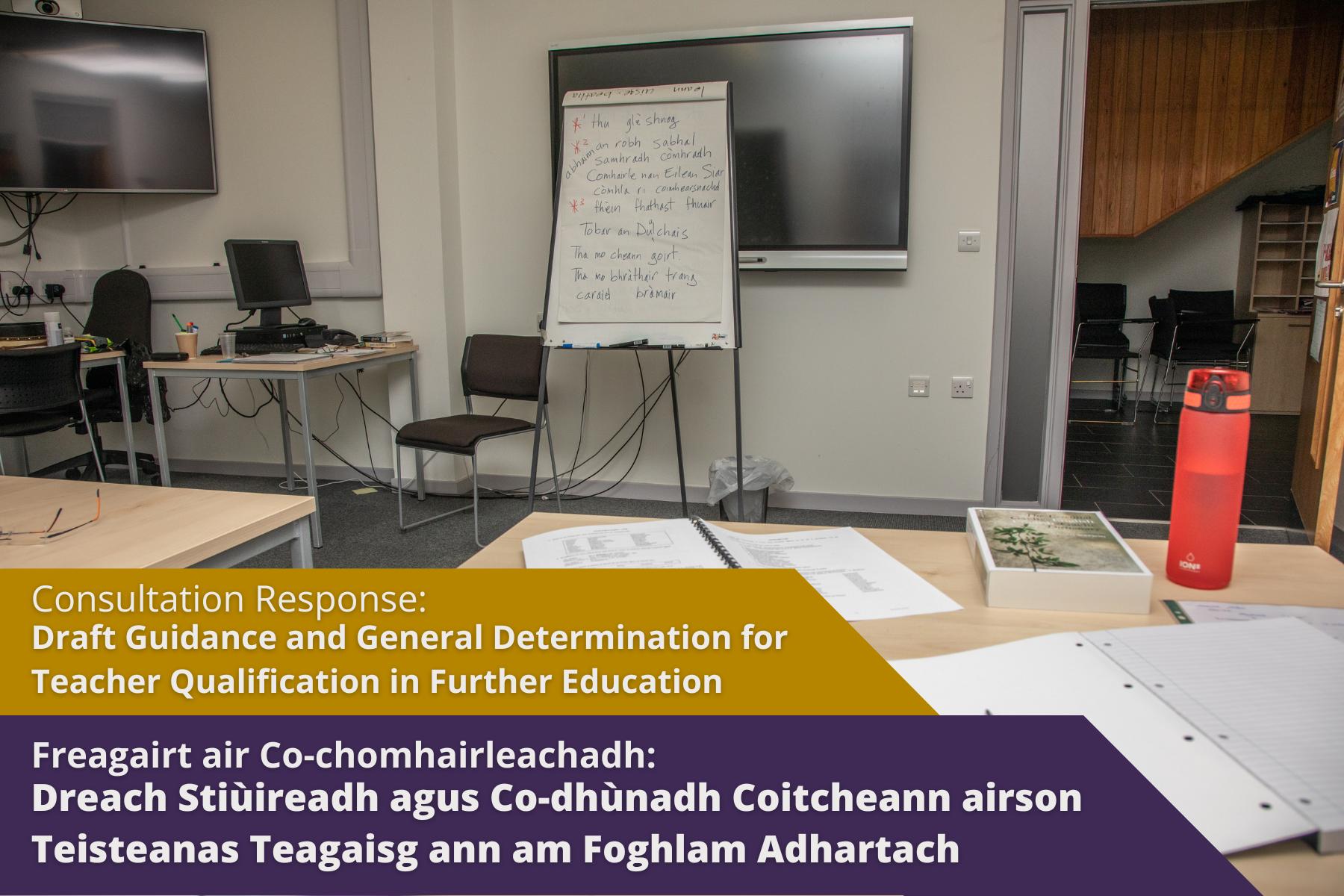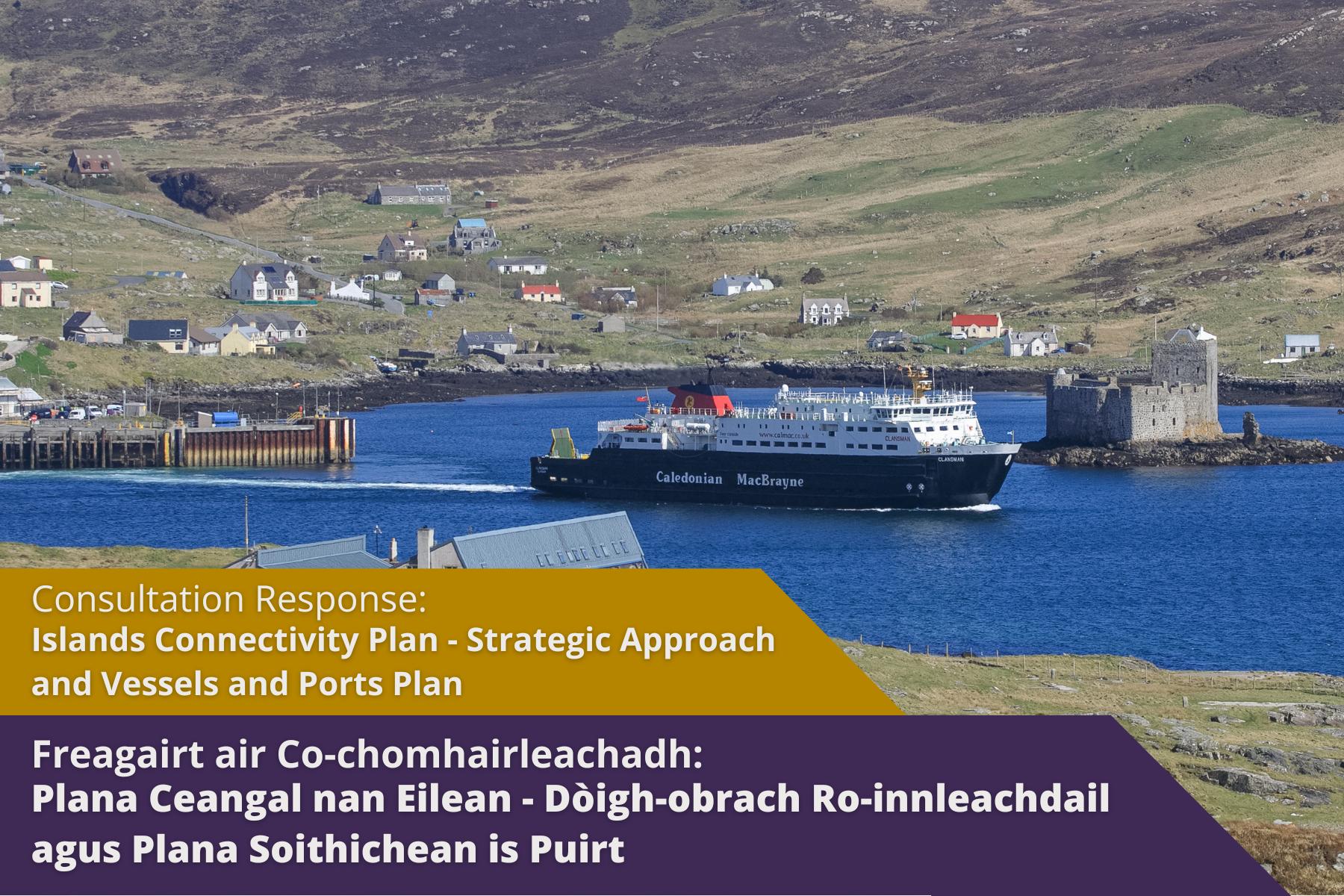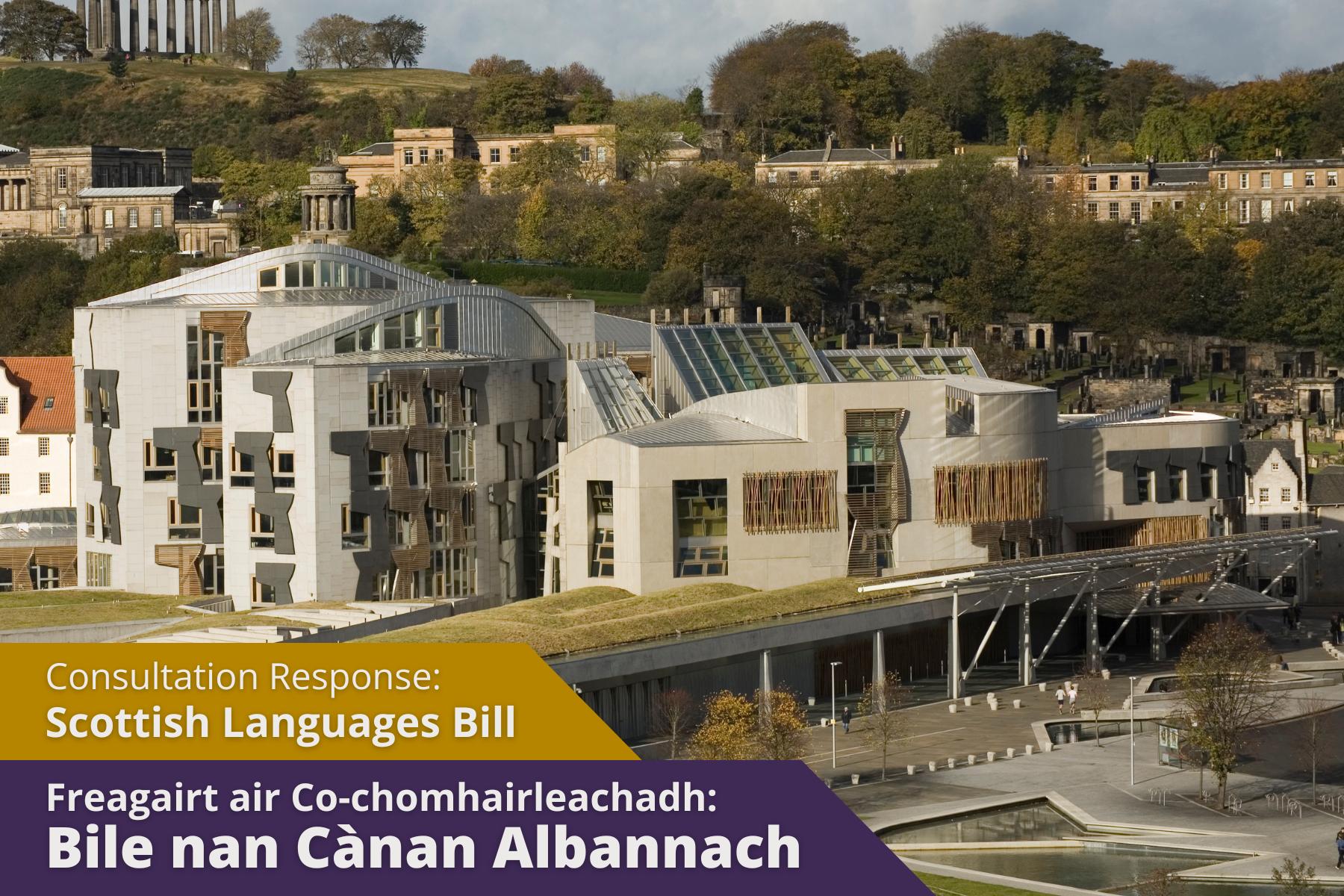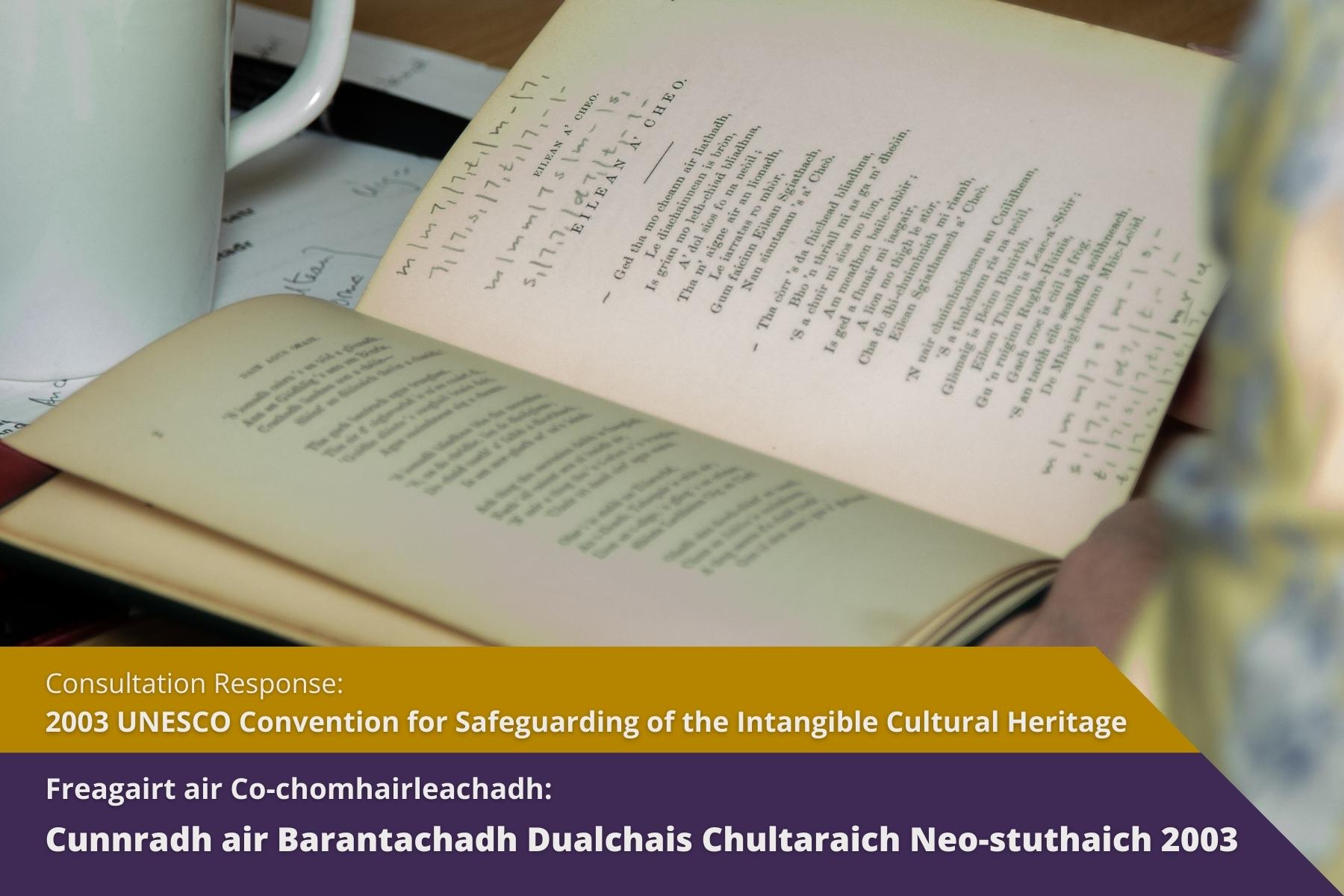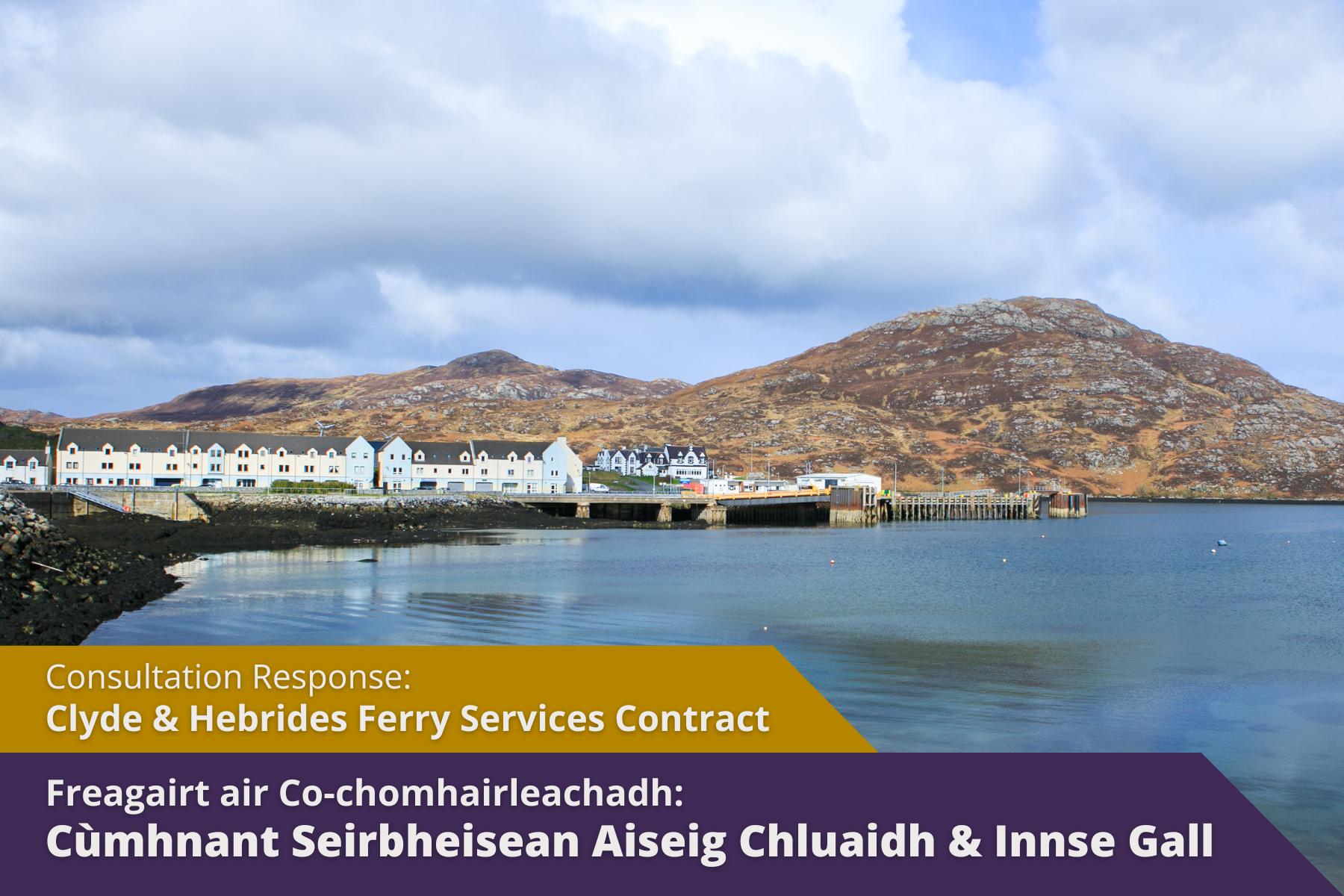Bòrd na Gàidhlig is proposing to update the Statutory Guidance on Gaelic Education and is seeking feedback on this draft before it is officially published and adopted.
The consultation will allow Bòrd na Gàidhlig to collect the views of stakeholders on the refreshed Statutory Guidance on Gaelic education.
This Guidance is subject to change following the enactment of the following Bills currently being looked at by the Scottish Parliament:
What is the Statutory Guidance on Education?
The Statutory Guidance on Gaelic Education is issued by Bòrd na Gàidhlig under Section 9 of the Gaelic Language (Scotland) Act 2005 and consists of two parts. Part 1 provides guidance specifically relating to the Education (Scotland) Act 2016 and its provisions for the Gaelic medium primary education (GMPE) request process and the duty placed on education authorities to promote and support Gaelic education. Part 2 provides further guidance relating to the provision of Gaelic education in schools.
This consultation relates to Part 2 only.
What is the purpose of the review?
The review aims to strengthen the existing Guidance, providing explanations of the different elements that constitute Gaelic education in Scotland and guidance to establish a consistent approach to delivery. It is also necessary to ensure the Guidance remains relevant and fit for purpose and its content is comprehensive and clear to all stakeholders. An education target in the National Gaelic Language Plan 2023-28 is “Statutory Guidance on Gaelic Education will be reviewed and then promoted widely within Scottish education to ensure adherence to its principles by all those involved in GME.”
Pre consultation engagement
Bòrd na Gàidhlig established a National Focus Group on the Statutory Guidance for Gaelic Education and a meeting was held in December 2022 to consider the key themes arising. A Summary table was compiled listing the various issues and recommendations identified from the focus groups and was circulated to representatives from Education Scotland, the Scottish Government, Comann nan Pàrant and Sgoil Ghàidhlig Ghlaschu for further consideration.
Documents relating to this consultation;
- Current version of the Statutory Guidance on Gaelic Education in full
- Proposed new version of the Statutory Guidance
- Proposed new version of the Statutory Guidance with Tracked Changes
We have developed a survey to gather views on the proposed updates, which can be accessed at the bottom of this page.
After the consultation
Once the feedback has been collated and views considered, we will finalise the draft guidance document which will then be submitted to Scottish Ministers for their approval.
We aim to publish our response including a summary report of responses received in May 2025. Once the guidance is approved, Bòrd na Gàidhlig will publish the new guidance document on our website.
The consultation will remain open until 5pm on Monday 21st April 2025.
Submit a response through Jotform here or by filling in the form below.
The questions can be downloaded in a Microsoft Word format here, should that be required.
Please email oifis@gaidhlig.scot if you have any questions about the information on this page or about the consultation.

